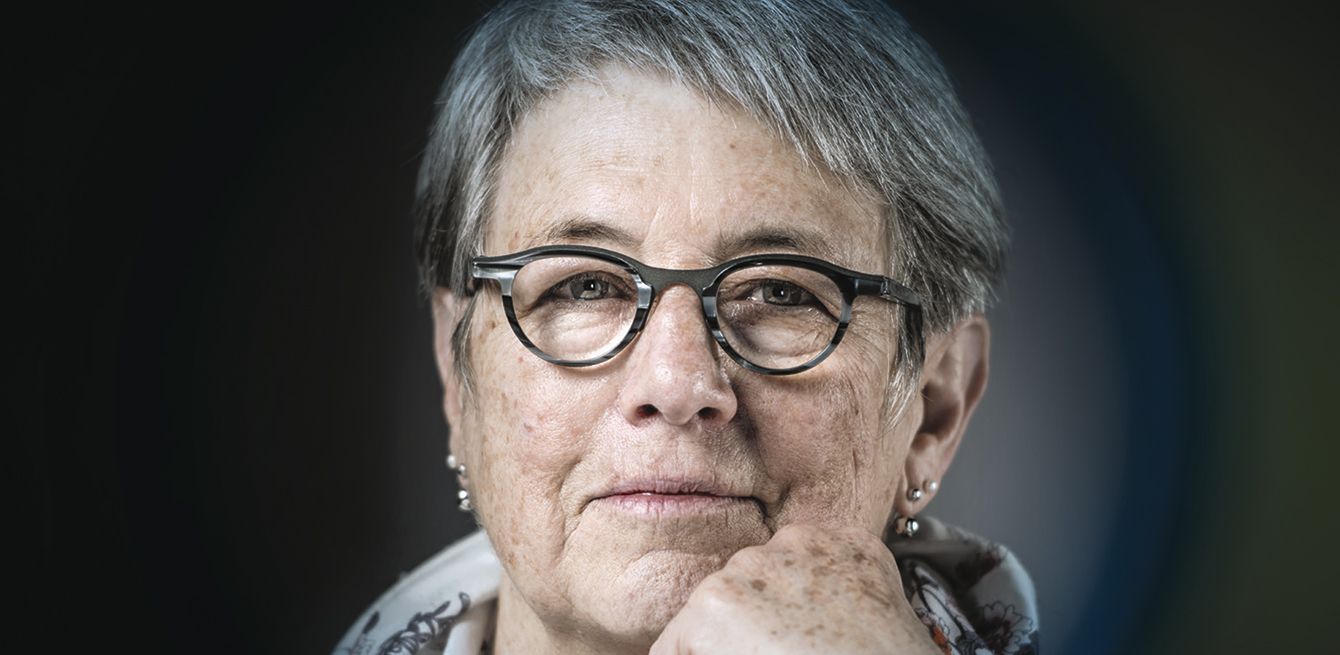
After her oldest son developed schizophrenia, Anne Leroy worked to improve the care provided to the friends and family of patients with psychiatric problems.
“My son’s disease became apparent at the end of his studies at the School of Fine Arts in Sion. We think the trigger was a series of two emotional blows. The young woman he was living with left him, and she then committed suicide. After an initial hospitalisation that went well, Nicolas had to leave his apartment and move to a care centre, where things became hard very quickly. He went back to the hospital, and that’s when he decided to stop talking. He didn’t speak for over 10 years.
To better understand his disease, I started talking with the other patients in the hospital. One thing led to another, and I began speaking with their loved ones as well.
I saw that some family members were lonely and that the system was not providing them with adequate information or treating them with respect.
The staff were well versed in treating the disease, but not necessarily experienced in addressing the day-to-day trials of the family. That’s what gave me the idea to create a family support organisation. In October 2003, a dozen of us came together to form a working group.
Family support groups go a long way towards shortening the time it takes to adjust to the diagnosis and learn about the illness. When a child has a serious accident, you can see him or her heal and recover slowly but surely. With mental illness, there’s a before and after. The disease often leads to a breakdown in communication between the patients and their loved ones. Friends and family can become disoriented. And just like the patient, they also need recovery time. Each person has to be given adequate space to regain their feet in their own time.
Sometimes, it’s the patient who gives an important life lesson to his or her loved ones. In other cases, the patient’s friends and family help him or her regain a sense of self-esteem.
When we started our organisation, the participants were very receptive to getting together to talk. Over the past few years, they’ve wanted something much more personalised. Sometimes, we establish a relationship over the phone or through face-to-face meetings. This might go on for months before the person decides to take part in one of our get-togethers. We welcome all kinds of loved ones, including parents, brothers, sisters, partners, and friends.
When speaking with mothers, one question that often arises is: ‘Will I be a grandmother one day?’ There are so many issues behind this one question. A lot of people find it hard to imagine that patients can live a satisfying life after their diagnosis. Nevertheless, it is possible!”